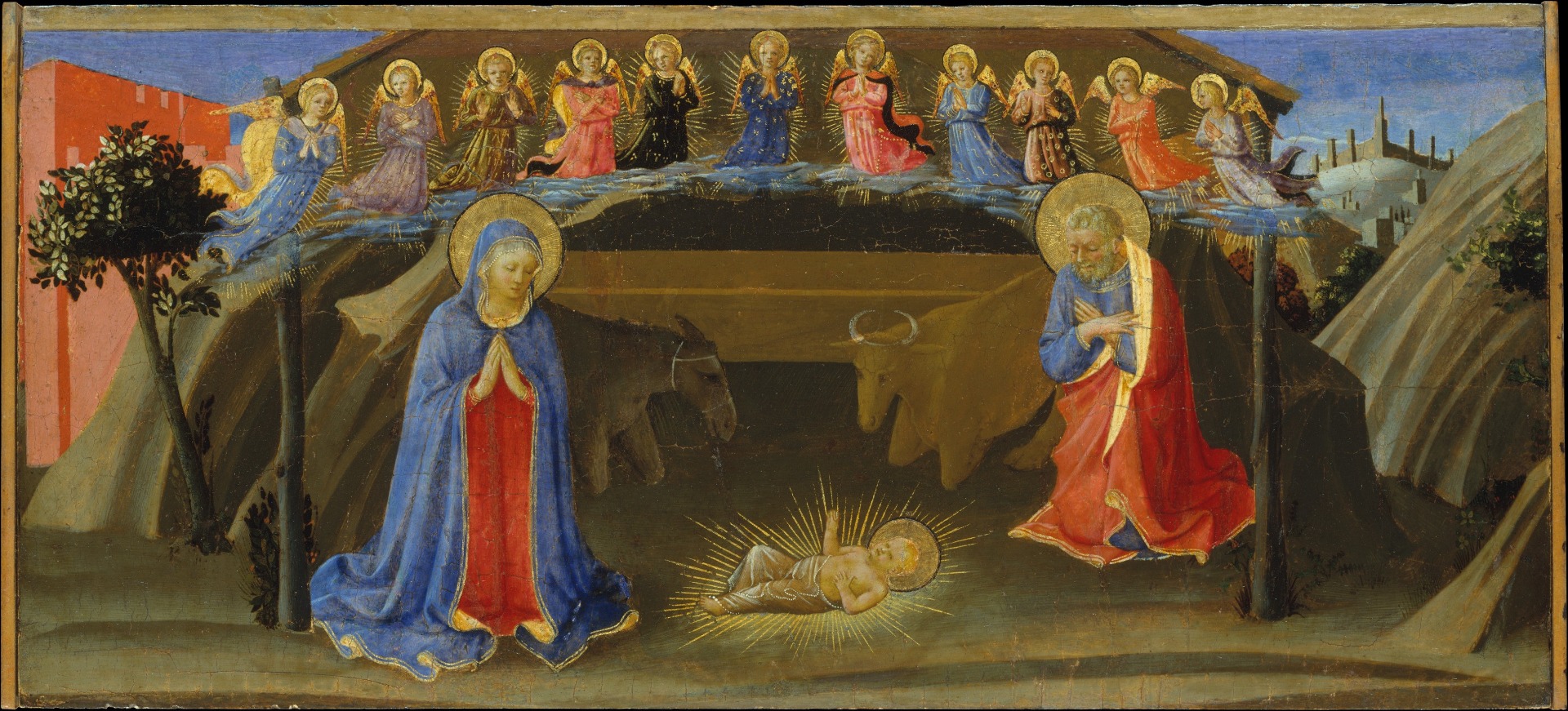At the heart of the Christmas story rests some important lessons concerning free enterprise, government, and the role of wealth in society.
Let’s begin with one of the most famous phrases: “There’s no room at the inn.” This phrase is often invoked as if it were a cruel and heartless dismissal of the tired travelers Joseph and Mary. Many renditions of the story conjure up images of the couple going from inn to inn only to have the owner barking at them to go away and slamming the door.
In fact, the inns were full to overflowing in the entire Holy Land because of the Roman emperor’s decree that everyone be counted and taxed. Inns are private businesses, and customers are their lifeblood. There would have been no reason to turn away this man of royal lineage and his beautiful, expectant bride.
In any case, the second chapter of St. Luke doesn’t say that they were continually rejected at place after place. It tells of the charity of a single inn owner, perhaps the first person they encountered, who, after all, was a businessman. His inn was full, but he offered them what he had: the stable. There is no mention that the innkeeper charged the couple even one copper coin, though given his rights as a property owner, he certainly could have.
And yet we don’t even know the innkeeper’s name. In two thousand years of celebrating Christmas, tributes today to the owner of the inn are absent. Such is the fate of the merchant throughout all history: doing well, doing good, and forgotten for his service to humanity. It’s remarkable, then, to think that when the Word was made flesh with the birth of Jesus, it was through the intercessory work of a private businessman. Without his assistance, the story would have been very different indeed. People complain about the “commercialization” of Christmas, but clearly commerce was there from the beginning, playing an essential and laudable role.
Clearly, if there was a room shortage, it was an unusual event and brought about through some sort of market distortion. After all, if there had been frequent shortages of rooms in Bethlehem, entrepreneurs would have noticed that there were profits to be made by addressing this systematic problem, and built more inns.
Moving on in the story, we come to Three Kings, also called Wise Men. Talk about a historical anomaly for both to go together! Most kings behaved like the Roman Emperor’s local enforcer, Herod. Not only did he order people to leave their homes and foot the bill for travel so that they could be taxed. Herod was also a liar: he told the Wise Men that he wanted to find Jesus so that he could “come and adore Him.” In fact, Herod wanted to kill Him. Hence, another lesson: you can’t trust a political hack to tell the truth. It was because of a government decree that Mary and Joseph, and so many others like them, were traveling in the first place. They had to be uprooted for fear of the emperor’s census workers and tax collectors. And consider the costs of slogging all the way “from Galilee, out of the city of Nazareth, into Judea, unto the city of David,” not to speak of the opportunity costs Joseph endured having to leave his own business. Thus we have another lesson: government’s use of coercive dictates distort the market.
Once having found the Holy Family, what gifts did the Wise Men bring? Not soup and sandwiches, but “gold, frankincense, and myrrh.” These were the most rare items obtainable in that world in those times, and they must have commanded a very high market price.
Far from rejecting them as extravagant, the Holy Family accepted them as gifts worthy of the Divine Messiah. Neither is there a record that suggests that the Holy Family paid any capital gains tax on them, though such gifts vastly increased their net wealth. Hence, another lesson: there is nothing immoral about wealth; wealth is something to be valued, owned privately, given and exchanged.
When the Wise Men and the Holy Family got word of Herod’s plans to kill the newborn Son of God, did they submit? Not at all. The Wise Men, being wise, snubbed Herod and “went back another way” – taking their lives in their hands (Herod conducted a furious search for them later). As for Mary and Joseph, an angel advised Joseph to “take the child and his mother, and fly into Egypt.” In short, they resisted. Lesson number four: the angels are on the side of those who resist government.
In the Gospel narratives, the role of private enterprise, and the evil of government power, only begin there. Jesus used commercial examples in his parables (e.g., laborers in the vineyard, the parable of the talents) and made it clear that he had come to save even such reviled sinners as tax collectors.
And just as His birth was facilitated by the owner of an “inn,” the same Greek word “kataluma” is employed to describe the location of the Last Supper before Jesus was crucified by the government. Thus, private enterprise was there from birth, through life, and to death, providing a refuge of safety and productivity, just as it has in our time.
Reprinted with permission from LewRockwell.com.


